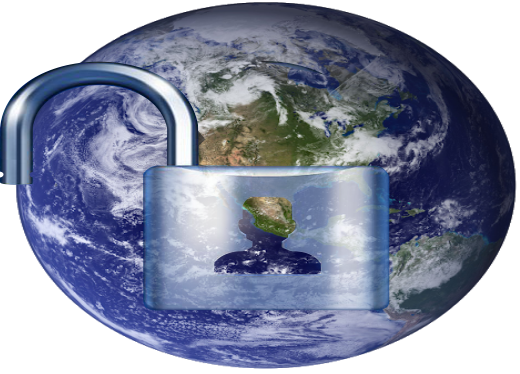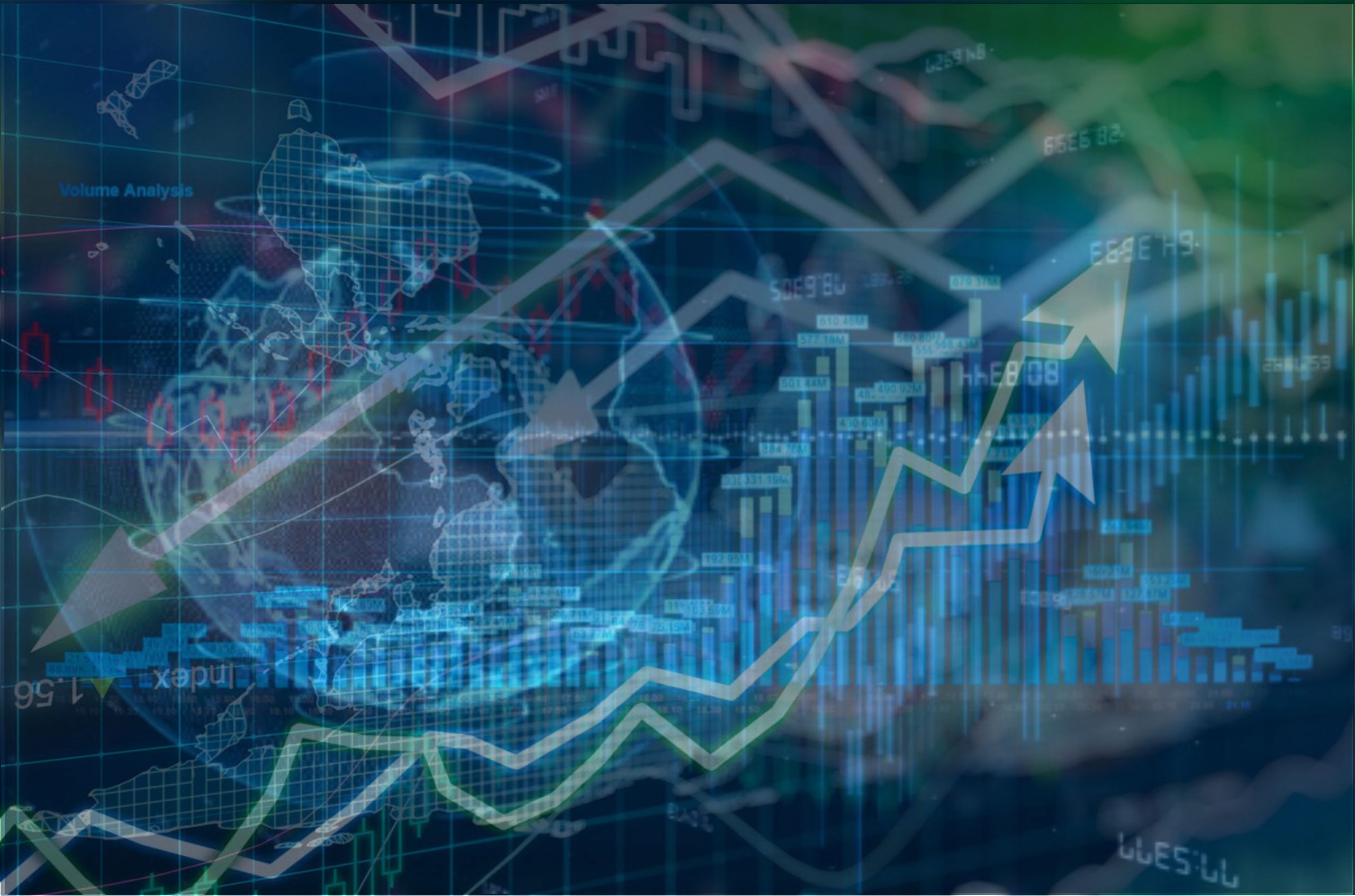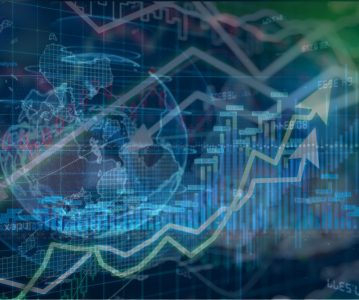Central banks control money as a political system to govern how people live and share resources.
Humanity has accomplished a fraction of what it is capable of. Technology can make it easy for the public to tell their governments what they want. The better ideas are, the more people can vote to make them happen. But ‘central banking’ controlled by a small number of people is the opposite of all-inclusive politics.
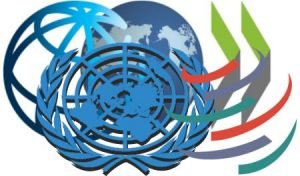 One of the most important jobs for a government is to borrow money. And accelerate the growth of consumption to repay it. Economies in decline suffer austerity with high interest rates. Faster-growing economies repay debt faster.
One of the most important jobs for a government is to borrow money. And accelerate the growth of consumption to repay it. Economies in decline suffer austerity with high interest rates. Faster-growing economies repay debt faster.
The UK government’s 2022 mini budget attempted to stimulate the economy, but the Bank of England raised interest rates and said, “It’s like two people driving the same car. The government wants to go one way, but the bank wants to go the other.”
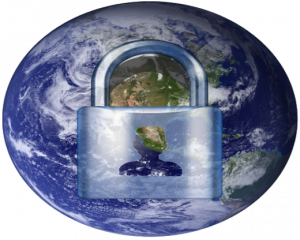
World recessions are created around every 10 years. In 2022, the G7 summit concluded that the world is facing a hunger crisis. The UN surpassed this by saying today’s food crisis is already the worst since World War II, and 2023 could be even worse. The World Economic Forum stated that all world leaders must change direction. 1.5 billion people could soon go hungry, and this could lead to a global crisis.
“People do not yet understand the banking and monetary system. But when they do, there will be a revolution.” (Henry Ford, 1939)
Optimising this failure
Centralised currencies are a failing system. Comparing their rise or fall in value against decentralised currencies is pointless. Many governments are planning to associate their currencies with the success of decentralised economic systems. Introducing central banking digital currency. But when governments start using CBDC it will compound all these problems and speed up the need for change.
Imagine being shown how we have all been sitting on a goldmine of human potential. But we can now accelerate the 22nd century to this lifetime.
In the 17th century, the world had a population of under 0.7 billion. The industrial revolution began the unlimited exponential growth of consumption. Generally, the more successful commercial organisations are, the better they have become at exploiting this way of life. This did not account for longevity. Now there is a population of 8 billion. Demand is increasing but resources are decreasing. The defence industry has naturally become the most lucrative market for every country.
Most governments and financial experts agree world economics is highly volatile and impossible to understand. Because it does not work, a robust economy would not be dependent on exponential growth. Some examples of how today’s world economics need to change:
- COVID-19 Vaccine – The irony of the pandemic destroyed economies. Financial institutions made billions more with all nations borrowing excessively. Having effective economics for an immunisation programme would mitigate this. But the most capable pharmaceutical development agencies competed for the patents.
- Most consumer products are designed to perish just after warranty. Encouraging throwaway and repurchase.
Many studies show that a growing economy does not make nations happier. There are less well-off countries that have more meaningful lives than richer nations. An example of such innovations. Technology from poor countries saves lives in rich countries.
